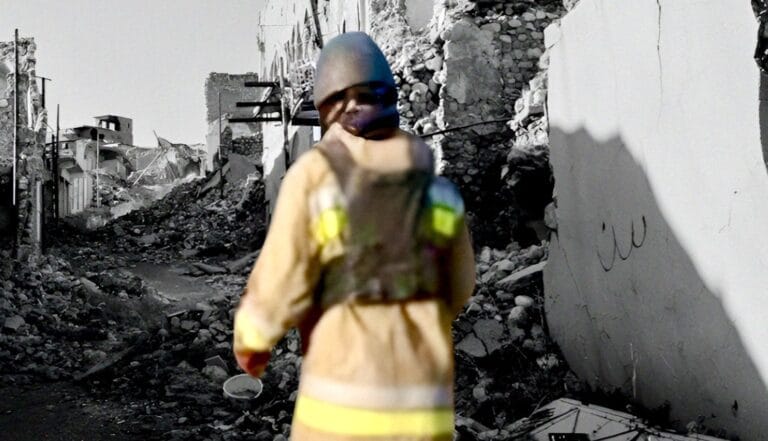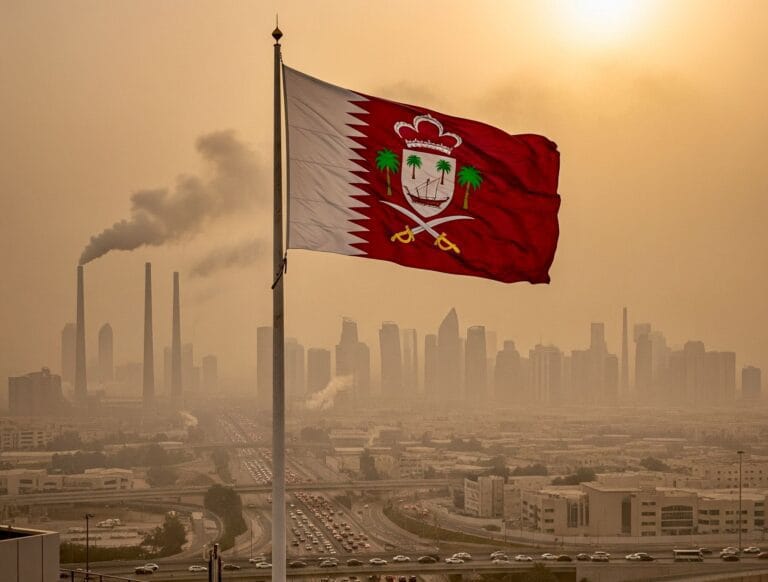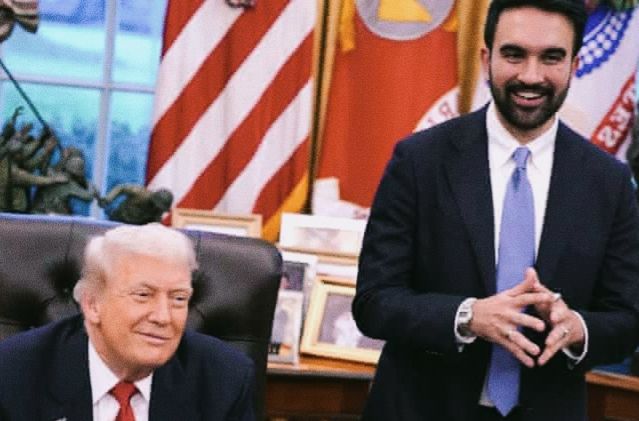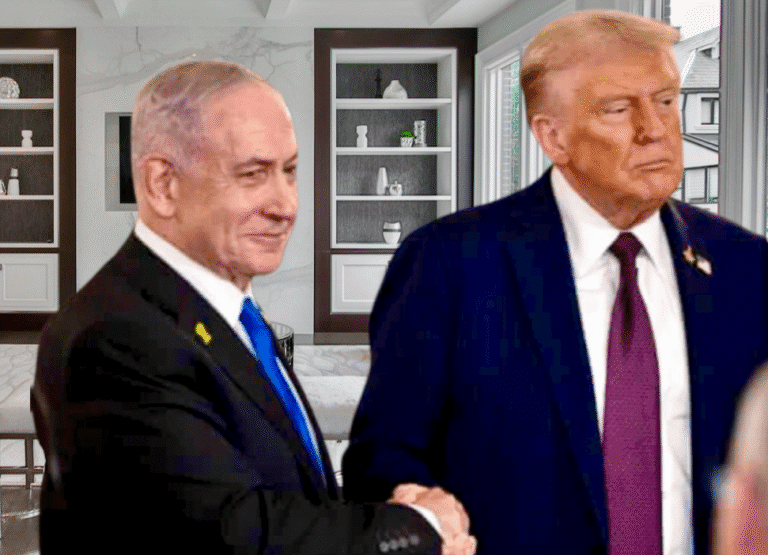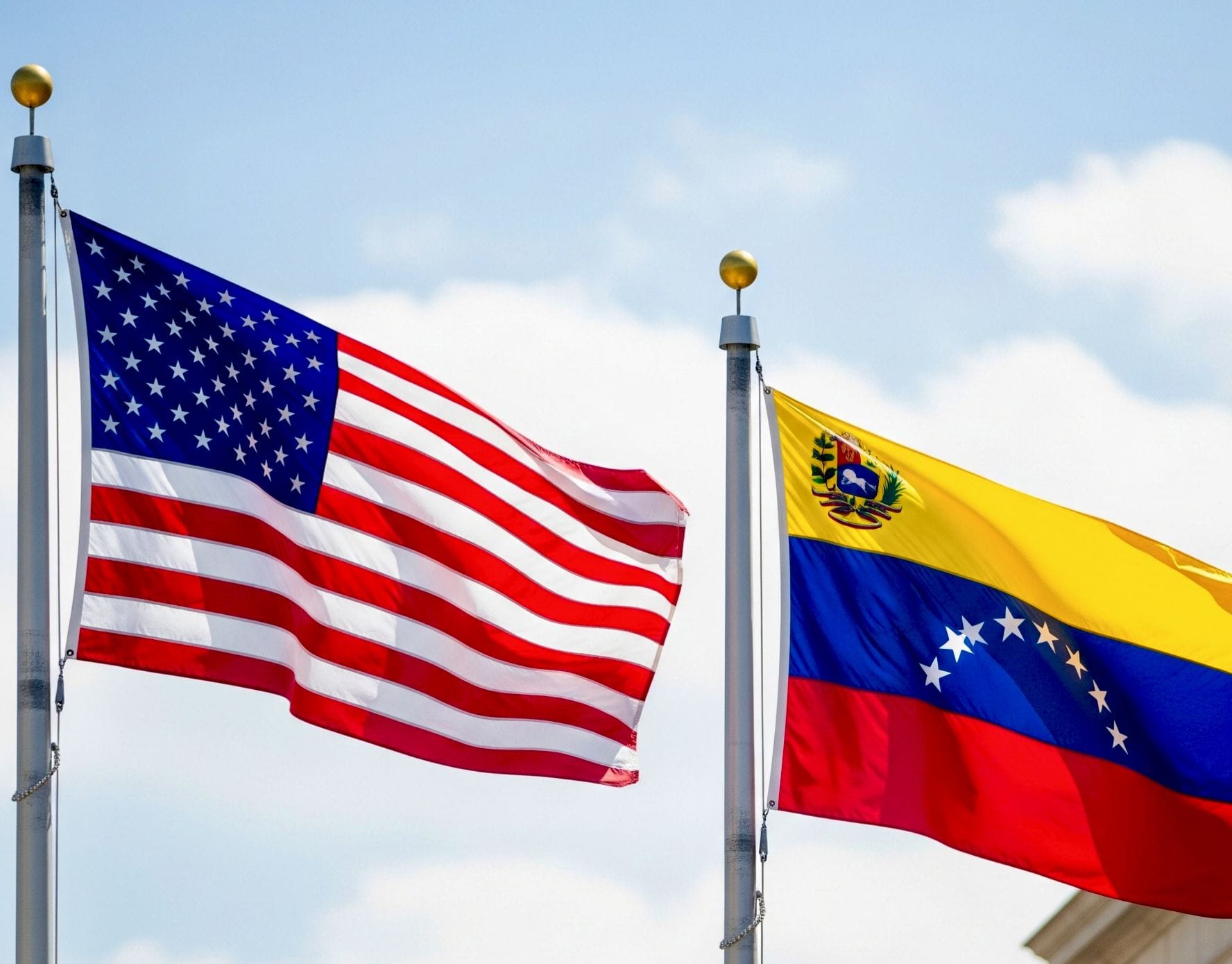
Oplus_131072
The U.S. has deployed multiple warships near Venezuela, raising tensions in Latin America. Explore the reasons, implications, and regional responses in this comprehensive report.
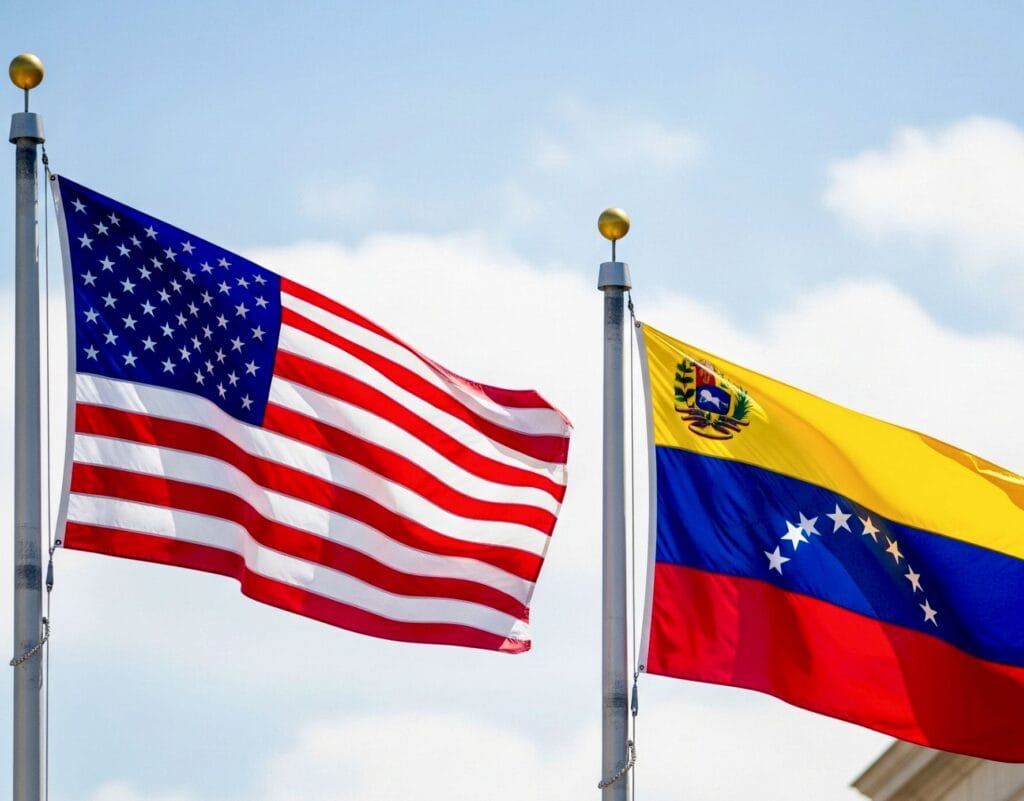
Alright, here’s the real scoop—no stiff, robotic reporting, just the facts with a little flavor.
U.S. just rolled up to Venezuela’s
neighborhood with a bunch of fancy warships—seriously, we’re talking destroyers, a cruiser, some big-deal amphibious ship, and even a nuclear sub for good measure. Why? The official line is all about busting up drug trafficking, but c’mon, everyone’s side-eyeing the timing and wondering if something bigger’s brewing. It’s like showing up to a backyard BBQ in full SWAT gear and claiming you’re just there for the burgers.
Now, about the details:
The Pentagon’s out here calling it an “enhanced counter-narcotics operation.” Sounds intense, right? They say they’re after the cartels running drugs through the Caribbean, which, yeah, that’s a real thing. But you don’t usually need that much firepower just to chase down smugglers. So, what’s really up? Most folks figure it’s a not-so-subtle flex aimed at Venezuela and anyone else in the region who might be getting ideas.
Why is the U.S. poking around in the first place?
Well, Washington’s been complaining for ages that Venezuela’s basically running a drug superhighway straight to the States. They’re using this as the main excuse for the show of force, but let’s be real—there’s a little more going on. Flashing all that naval hardware just off Venezuela’s coast? That’s as much about showing who’s boss in the Western Hemisphere as it is about stopping the next cocaine shipment.
Venezuela’s not taking this lying down, either.
They’ve scrambled their own military—troops on the coast, patrols near the Colombian border, the whole nine yards. Officials there are calling the U.S. move “provocative,” which honestly feels like an understatement. They’re promising to defend their turf, and with both sides playing tough, things could get dicey fast if cooler heads don’t step in.
So yeah, it’s not just about drugs. It’s a whole mess of power plays, old beefs, and, as usual, a bunch of regular folks stuck in the middle. Buckle up—this story’s probably not done yet.
Alright, let’s get real for a sec—
So, all the neighbors are basically on edge, side-eyeing every move. Colombia’s out here preaching, “Hey, let’s all chill and not blow things up,” ‘cause they’re big on keeping the neighborhood drama-free. Guyana and Trinidad and Tobago? They’re kinda nodding along with international plans to smack down organized crime, but at the same time, they’re like, “Yo, can we not turn the ocean into Top Gun?” Nobody wants a military mess bleeding into their fishing spots.
Then you’ve got these big international groups waving red flags—like, “If the U.S. parks their ships here for too long, things could get messy. Trade could get tangled, alliances might shift, and, honestly, nobody wants the region turning into a geo-political reality show.”
Now, about the ripple effects for Latin America:
- Political headaches? Oh, for sure. U.S. warships hanging around is basically poking at Venezuela and maybe ticking off a few others.
- Drugs? The whole point is to mess up trafficking routes. Will it work long-term? Eh, the jury’s still out. Feels a bit whack-a-mole to me.
- Security? Neighboring countries might beef up their own defenses, and next thing you know, everyone’s got extra patrol boats and itchy trigger fingers.
- The world’s watching. Like, literally everyone—from Europe to China—has eyes on what the U.S. Navy is up to in Latin America. Nobody’s minding their own business.
The big warning: one dumb move could set off a chain reaction. Suddenly, it’s not just about drugs anymore—it’s messing with trade, tourists, even some diplomats might need to pack their bags.
Looking ahead? Well, it’s a toss-up.
Diplomats are still talking (thank God), but things change fast. Some folks think the U.S. hanging around might push Venezuela to cooperate, maybe dial down the drama over drugs. Or, it could just blow up into a full-on cold war in the tropics. If there’s any hope for stability, it’s gonna need teamwork, honest talk, and, yeah, a whole lot of patience. Good luck with that.
“I am Sunny Kumar, the founder of WorldWideNews.fun. I started this platform with a passion for journalism and the aim to provide readers with unbiased, fact-checked, and fast news. Over the years, I have gained experience in digital journalism, blogging, and content research. My goal is to make WorldWideNews a reliable source of updates on technology, entertainment, politics, and international news

